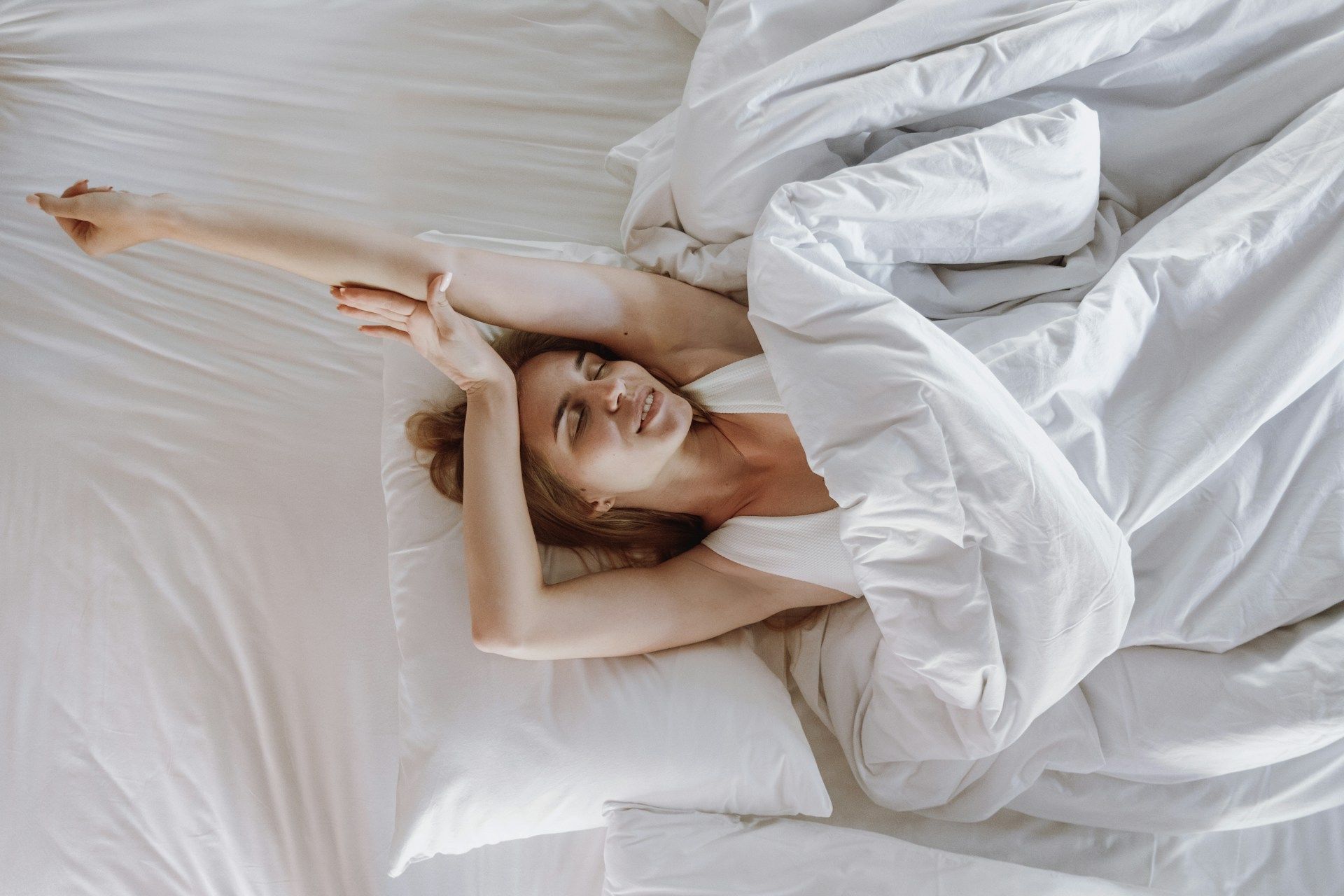How Oral Appliance Therapy Can Improve Sleep Quality and Reduce Snoring

Approximately 22 million Americans suffer from Obstructive Sleep Apnea (OSA), resulting in disrupted sleep and an increased risk of adverse health consequences. In many cases, OSA is accompanied by loud, chronic snoring, which can negatively impact the sleep quality of individuals and those around them. Traditionally, Continuous Positive Airway Pressure (CPAP) has been the standard treatment for OSA. However, due to discomfort, noise, and inconvenience, many patients are seeking alternative solutions. One such option is Oral Appliance Therapy, a comfortable, non-invasive treatment method that effectively addresses OSA and snoring.
At Pittsburgh Dental Sleep Medicine, our mission is to provide customized, innovative care to meet the unique needs of our patients. In this blog article, we will explore the benefits of Oral Appliance Therapy and how it can help those suffering from OSA and chronic snoring achieve better sleep quality. We will discuss the types of oral appliances available, the treatment process, and the long-term outcomes associated with this therapy, providing valuable insights to help you make informed decisions about your sleep health.
Take the first step towards better sleep and improved quality of life by scheduling a consultation with our doctor team at Pittsburgh Dental Sleep Medicine. With our personalized approach, we will devise a tailored Oral Appliance Therapy plan designed to tackle your OSA and snoring issues effectively.
Proactively taking care of your sleep health can significantly impact your physical and mental well-being. Therefore, it is essential to explore all available treatment options and choose a solution that fits your needs and lifestyle.
Understanding Oral Appliance Therapy
Oral Appliance Therapy is a non-invasive treatment method designed to address Obstructive Sleep Apnea (OSA) and chronic snoring by using a custom-fitted mouthpiece to maintain an open airway during sleep. These appliances reposition the lower jaw and/or tongue, preventing the airway from collapsing, which results in reduced snoring and improved breathing. Oral appliances come in various types, including mandibular advancement devices and tongue retaining devices, each with their unique mechanisms and benefits.
Benefits of Oral Appliance Therapy for OSA and Snoring
Oral Appliance Therapy offers several advantages over other treatment options such as CPAP, making it an appealing choice for many OSA and snoring sufferers. These benefits include:
- Comfort: Oral appliances are custom-fitted to the patient's mouth, ensuring a comfortable fit that is easily tolerated by users.
- Convenience: The compact and portable nature of oral appliances allows users to travel with ease, making them more compatible with active lifestyles without the need for a cumbersome machine.
- Quiet operation: Unlike CPAP devices, oral appliances operate silently, providing a more peaceful night's sleep for both the user and their bed partner.
- Non-invasive treatment: As there are no tubes or masks involved, many patients find oral appliances to be a more pleasant and hassle-free alternative to traditional CPAP therapy.
- Improved sleep quality: By effectively addressing OSA and snoring, oral appliances can significantly improve sleep quality. This can lead to better overall health, increased daytime alertness, and a reduced risk of sleep-related health complications.
How to Get Started with Oral Appliance Therapy
If you are considering Oral Appliance Therapy for your OSA or snoring concerns, the following steps outline the typical treatment process:
1. Consultation and evaluation: Schedule an appointment with a dental sleep medicine doctor, such as the experienced team at Pittsburgh Dental Sleep Medicine. They will thoroughly assess your OSA or snoring symptoms, review your medical history, and determine if Oral Appliance Therapy is the appropriate course of treatment.
2. Sleep study: A proper diagnosis of OSA often requires a sleep study, either conducted in a sleep lab (polysomnogram) or through a home sleep test. These tests are essential for monitoring and recording your sleep patterns, determining the severity of your condition, and identifying the most suitable treatment options.
3. Selection and fitting of the oral appliance: Once a diagnosis is confirmed, and Oral Appliance Therapy is recommended, an impression of your teeth or a digital scan will be made. Your dental sleep medicine doctor will then collaborate with a dental lab to create a custom oral appliance specifically designed for your unique needs.
4. Follow-up appointments: As your oral appliance is fine-tuned to your mouth, follow-up appointments with the dental sleep medicine doctor are crucial to ensure proper fit, monitor your progress, and make any necessary adjustments. These appointments are essential for maximizing the effectiveness and comfort of your appliance.
5. Regular maintenance: Like any dental device, routine maintenance is necessary to prolong the life of your oral appliance. This includes cleaning, periodic check-ups, and replacement when needed.
Long-term Outcomes of Oral Appliance Therapy
With consistent use and proper care, Oral Appliance Therapy can provide lasting relief from OSA and snoring. Long-term benefits may include:
1. Reduced OSA symptoms: Oral appliances can effectively reduce or eliminate OSA-related symptoms, such as snoring, excessive daytime sleepiness, and morning headaches.
2. Decreased health risks: Successful treatment of OSA can lower the risk of sleep-related health complications, including hypertension, cardiovascular disease, and type 2 diabetes.
3. Improved quality of life: With better sleep quality and reduced OSA symptoms, you may experience an overall improvement in your quality of life, including increased productivity and mood enhancement.
Conclusion:
For those seeking relief from Obstructive Sleep Apnea (OSA) and chronic snoring, Oral Appliance Therapy presents a comfortable, convenient, and effective alternative to traditional treatment methods such as CPAP. By exploring this option and understanding the benefits, treatment process, and long-term outcomes, individuals can make an informed decision regarding their sleep health.
If you are considering Oral Appliance Therapy, consult with our network of sleep dentists at Pittsburgh Dental Sleep Medicine. We are dedicated to providing personalized care and developing a treatment plan tailored to your unique needs. Begin your journey towards better sleep and improved quality of life by scheduling a consultation today.

